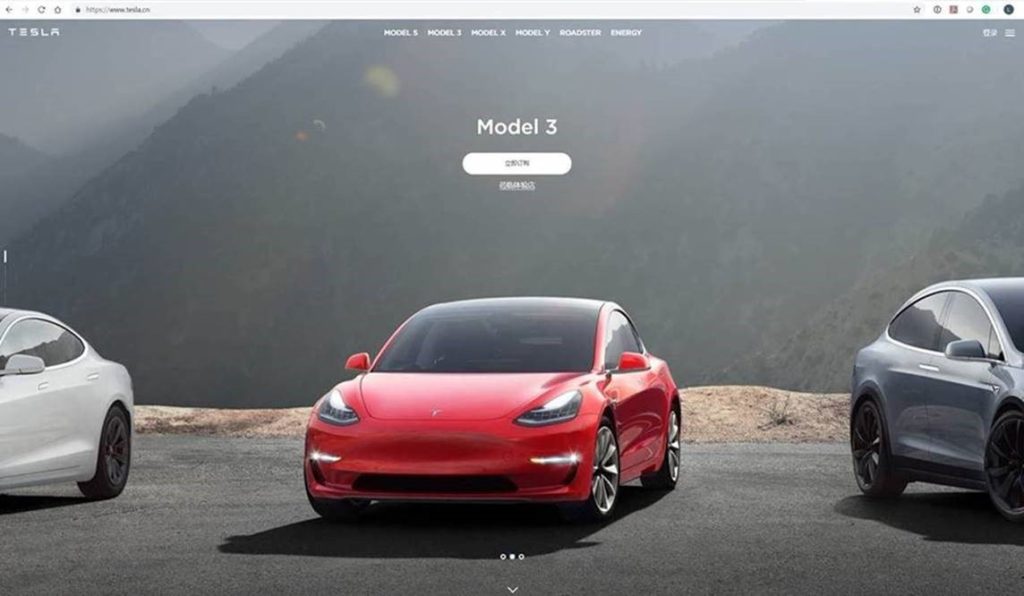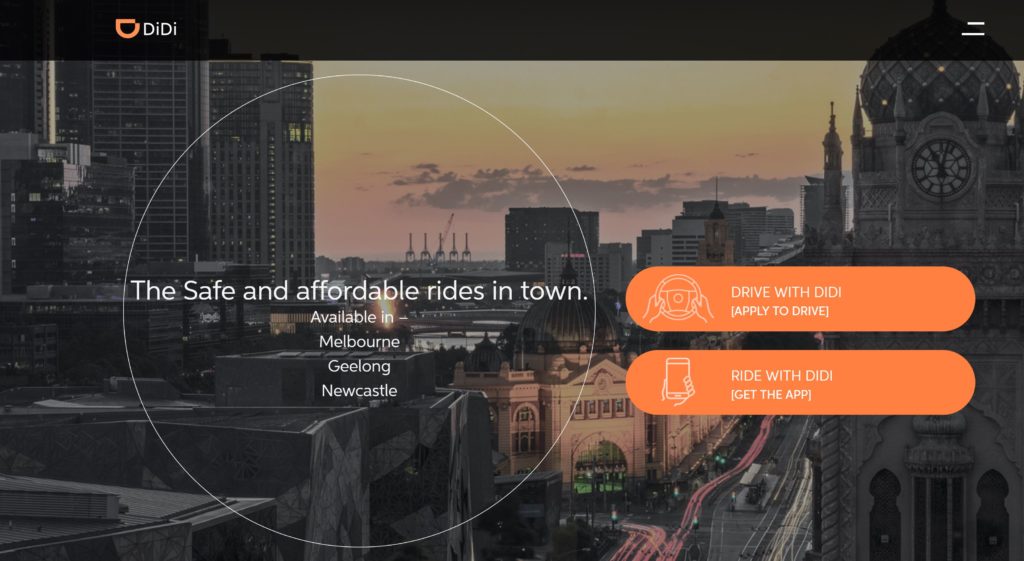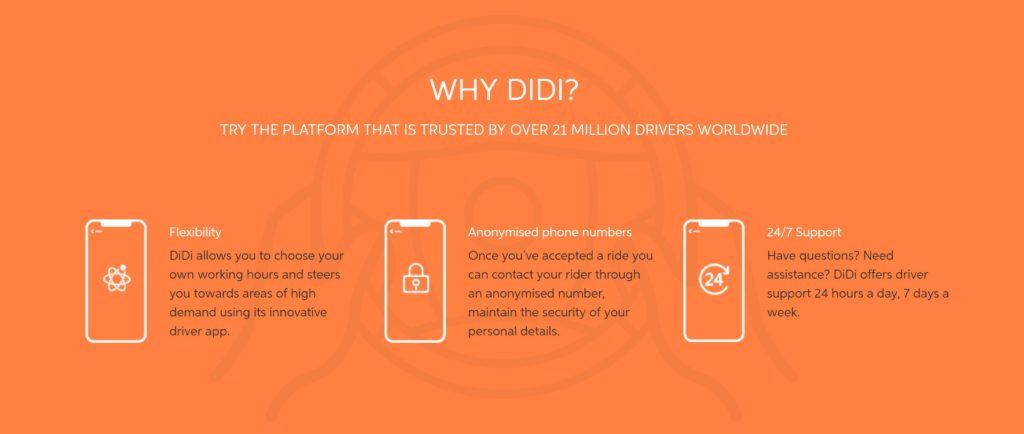China: Coming to a Town Near You
I’ve been interested in China for over 2 decades. I’ve always been impressed with the way the Chinese have developed their own digital eco-system following the introduction of the Great Firewall of China in 2009.
Since that fateful year, 2009, China, in its own technosphere, has evolved into one of the world’s leading digital economies. I’m lucky to be able to visit China regularly as SSW has 2 offices there, one in Beijing and one in Hangzhou. With each visit, I see more and more examples of Chinese technology, and the rate of change I see far surpasses the West.
Over the last few months, I’ve started to see a new trend emerging…
China is coming to the West!
For many years, SSW has been developing software that works nicely in Australia, Europe, the USA and for those that like our Chinafy service, in China. I’ve seen hundreds of Western businesses enter the Chinese market, often in close partnership with local Chinese firms, so that they can gain access to the 1.4 billion people (just over half are now on the internet). Recently I was excited to learn of Tesla’s upcoming factories in China. Elon Musk has achieved many great things – such as electric cars, SpaceX, but setting up a company in China with 100% ownership is also quite unique. Most large Western businesses can only operate with


But while China gradually becomes more and more open, a more important trend I see is the influx of successful Chinese digital businesses into Western markets.
Perhaps the best and most current example of this expansion of the Chinese digital economy is the recent launch of ridesharing service DiDi in the Australian market. I previously mentioned DiDi in my recent blog post, “Luckin Coffee vs. Starbucks“, but if you missed it, Didi is a Chinese ridesharing service similar to Uber.
But now, in a move I was amazed to hear, DiDi has entered the Australian market to take on Uber in our backyard. This week I was in Newcastle and amazed to see all the advertising for DiDi. At the event I spoke at, more than half the room
Uber has established itself as the leading ridesharing app in many markets around the world and has proven very successful in the hyper-competitive ridesharing space. Perhaps the only example of Uber being beaten by a competitor has been in the Chinese market – and the competitor that crushed them was DiDi.
History: Uber launched ridesharing services into Mainland China in 2014 and this started a 3-year long war with DiDi, which they eventually lost.
This war saw both tech giants competing on service, features and perhaps most importantly, price, to gain the upper hand as the leading ridesharing provider. The war was tough, and by 2017 Uber, having been drained of financial resources and failing to secure adequate market share, withdrew from hostilities and sold its Chinese business to DiDi.
Since that time DiDi has held the title as the undisputed ridesharing champion in China. As a regular user of DiDi when I’m in China, I can understand why… it’s a

We have seen other ridesharing services such as Ola come to Australia in the past, but the DiDi entry is aggressive. One of their key differences is the issue of fees for their drivers. DiDi offers the lowest in the industry by far. They are only charging drivers a 5% fee as opposed to Uber’s 27.5% fee.
I predict
I talk to heaps of Uber

The initial DiDi launch has targeted Melbourne, Geelong and Newcastle and I expect to see this initial launch expand to other major cities in the coming months.
Change is inevitable
Like it or not, China is coming.
In the 70s and 80s, the US brought all of their franchises to Australia.
I predict that 2020s China will have the same impact. All we can do is pay attention to the market, and try to be aware of what is coming. Forewarned is forearmed. If we can understand how the market is going to change, we are better poised to react effectively.
The war has begun – who will win?
I’ll be watching the progress of DiDi with keen interest to see if the Australian public is as eager to embrace this service as their Chinese counterparts were. And may the best app win!
The key take away from this situation is that the Chinese are coming. Every day we can expect to see more and more Chinese tech companies enter the Western market – having succeeded before already in the dynamic and unforgiving Chinese market.
Let me finish with an anecdote: At the end of dinners with people in China, they’ll say something like, “Do you think you will want to cooperate in the future?” I’m always a bit taken aback by the wording of the question, but what they mean is, “Do you think you’ll want to do business together?”
In the West, we refer to competing businesses as just that – ‘competitors’. In Chinese, they use a different term – ‘enemies’. Expect their competition to be tough!

April 11, 2019 @ 1:46 AM
https://www.abc.net.au/4corners/the-uber-story/10912940
The Four Corners report about Uber gives you good insight on the kind of battle being waged by companies like Uber to dominate markets. I feel sorry for taxis in Australia who paid a fortune for taxi licenses that were compulsory before the government basically capitulated to Uber and allowed them to run an unregulated taxi service, in market that was supposed to be regulated. Before Uber, taxis drivers were spending $250K for a single taxi drivers license. Since Uber entered the market the value of these licenses plummeted as essentially you don’t need them any more to operate as a taxi. In the past many drivers relied on the resale of these licenses as means of supporting their retirement. The government basically capitulated to Uber who were flagrantly and deliberately breaking the law, and as reported in the Four Corners program, actively using and developing technology to deliberately evade and hinder the regulators.
The first and only fatality involving an autonomous car was operated by Uber, I’m pretty sure their company culture was a major factor in the cause of that accident. There’s a basic lack of morality in this company, its not about what is right or ethical, it’s about what they can do, what they can get away with.
A good thing to keep in mind when you install their app on your phone, which requests permissions on install to access pretty much everything.